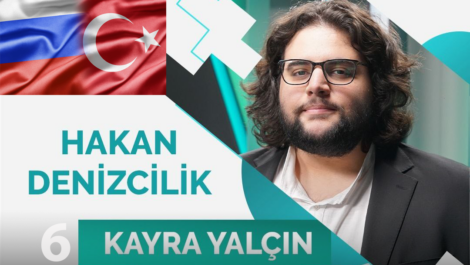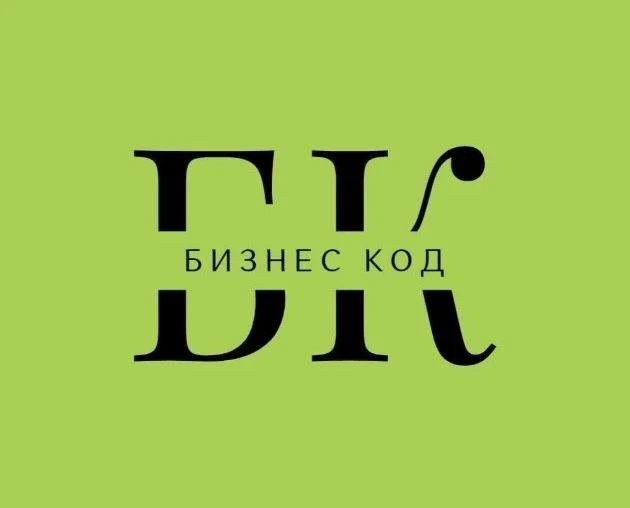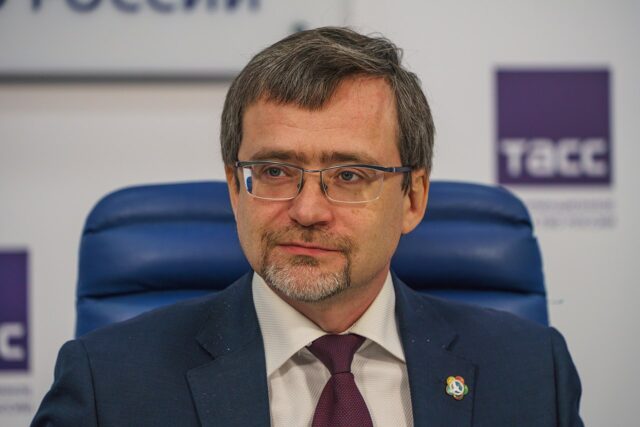Continuation
 Бизнес код
Бизнес код
In the previous article «Russia-Turkey: Overcoming Differences and Warming», the emphasis is on the period after the death of Joseph Stalin (1953) and until the end of the ХХ century. Turkish-Russian relations have also been put through many tests since the turn of the millennium. The political relations between Russia and Turkey expanded after 9/11 and the Iraq War in 2003. The terrorist attacks on the World Trade Center in New York prompted both Ankara and Moscow to announce their willingness to combat global terrorism. When the Turkish Grand National Assembly (GNA) refused to allow U.S. forces’ entry to Iraq through Turkish territory on March 1, 2003, Turkey gained an image of a ‘self-governing country’. This move was an early and significant challenge for the newly elected Justice and Development Party (AK Party) administration that took office in Turkey in November 2002 which led to a period of tension between Ankara and Washington. Moscow also saw this as a significant event because it proved that Ankara could stand up to NATO’s largest partner.
The demise of Saddam Hussein’s government was quite concerning for Turkey because it could pave the way for the establishment of a Kurdish state in northern Iraq, furthering the autonomy and independence movements among the Kurds in Turkey. Like Russia, Turkey is extremely worried about the disintegration of its own state and the redrawing of its boundaries due to historic traumas (collapse of the USSR & Ottoman Empire). Such similarities in concerns and the US actions that destabilize Eurasia and the Middle East draw Russia and Turkey closer. The Georgian War is a prime example of this when the US sent warships to the Black Sea and Turkey did not allow access to them through the Straits, invoking the Montreux Convention. Turkey’s commitment to finding regional solutions to regional issues were made abundantly clear. Moscow, which seeks multi-polarity in international relations, viewed these actions quite favorably.
It is now a common procedure for higher-ups to gather and address matters both publicly and privately. In December 2004, Russian President Putin travelled to Ankara. It marked the first formal visit by a Russian leader of the state to Turkey since the fall of the Soviet Union. And in January 2005, Turkish Prime Minister Erdogan travelled to Moscow. Both trips marked a significant turning point in the relations between the two countries. High-level exchanges and expanding collaboration have come to characterize bilateral relations over the past decade, which were sparked by these initial trips.
On November 17, 2005, Russian President Vladimir Putin attended the Blue Stream natural gas pipeline’s opening ceremony in Samsun, Turkey. This constant flow of mutual visits continued throughout the years that followed. Turkey’s president, Abdullah Gül, travelled to Moscow and Tatarstan’s capital city Kazan in February 2009. In addition to being a significant sign of the growing trust between Turkey and Russia, this historic trip marked the first time a Turkish president had ever visited the Tatar Republic. Such a visit by Turkey to a Turkic Republic in Russia would have been met with much suspicion in decades past (due to Pan-Turkic aspirations of nationalists in Turkey).
Ankara and Moscow decided to permit visa-free travel for stays up to thirty days in May 2010 when Russian President Dmitri Medvedev made a visit to Turkey. This has greatly contributed to the goal of «strategic partnership» by promoting deeper trust between the two countries. In addition, they have agreed to the building of a $20 billion nuclear power plant in Mersin, Turkey (Akkuyu Nuclear Power Plant) which will be owned and maintained by Russia (highlighting the growing asymmetry of interdependence between the two countries). At the 10th Joint Economic Commission, the parties also agreed to create the HLCC (High-Level Cooperation Council) as a tool to institutionalize the dialogue between the two nations. During its inaugural gathering, Recep Tayyip Erdogan and Dimitri Medvedev signed sixteen documents and the HLLC was officially formed. Both sides agreed to meet annually, alternating between Russia and Turkey, at the top executive level (the Russian President and Turkish Prime Minister).
However, as was the case in the past, relations aren’t free of conflict – the main difference is that in the 21st century under the leadership of Erdogan and Putin, they are resolved without the involvement of foreign actors, through rigorous conversations. The geopolitical conflicts that manifested in Syria were an example of this. Russia and Turkey were not only giving military support to opposing coalitions but were also involved in direct military conflict with one another on multiple occasions.
To prevent a Syrian Islamist (backed by Turkey) assault from reaching the Alawi stronghold (the support base of the Asad government) the Russian military intervened in Syria in September 2015. The rebel advance was stopped, and the balance of power was tipped in Damascus’ favor thanks to the major Russian air campaign. On November 24, 2015, a Russian Sukhoi-24 bomber was shot down by the Turkish air force, shocking the whole world. Putin had seen this as a traitorous act and imposed many crippling sanctions on the Turkish economy. The relations were at their lowest point since the collapse of the USSR, but they took another U-turn after the coup attempt in Turkey in 2016.
The failed coup attempt against Erdogan led to widespread purges across the country’s civilian and military institutions as well as the government and media. The EU and the US reacted to the coup and the subsequent purge of Erdogan’s opponents with a mixture of confusion, reluctance, and criticism. Putin was the only leader who had a noticeably different response. He extended his hand to his Turkish counterpart and used the occasion to normalize the relations and reach even a greater understanding than before.
After the coup attempt, Erdogan made his first foreign trip to Russia in August 2016 and formally thanked Putin for his support, calling him a «dear friend.» After another visit from the Turkish president in May 2017, Putin stated that relations had completely recovered from the crisis of 2015. Meanwhile, tensions between Turkey and its Western countries only intensified, setting the stage for this thriving relationship. Erdogan also reportedly purged many Turkish officers serving at the NATO headquarters and various other NATO commands.
To be continued …


